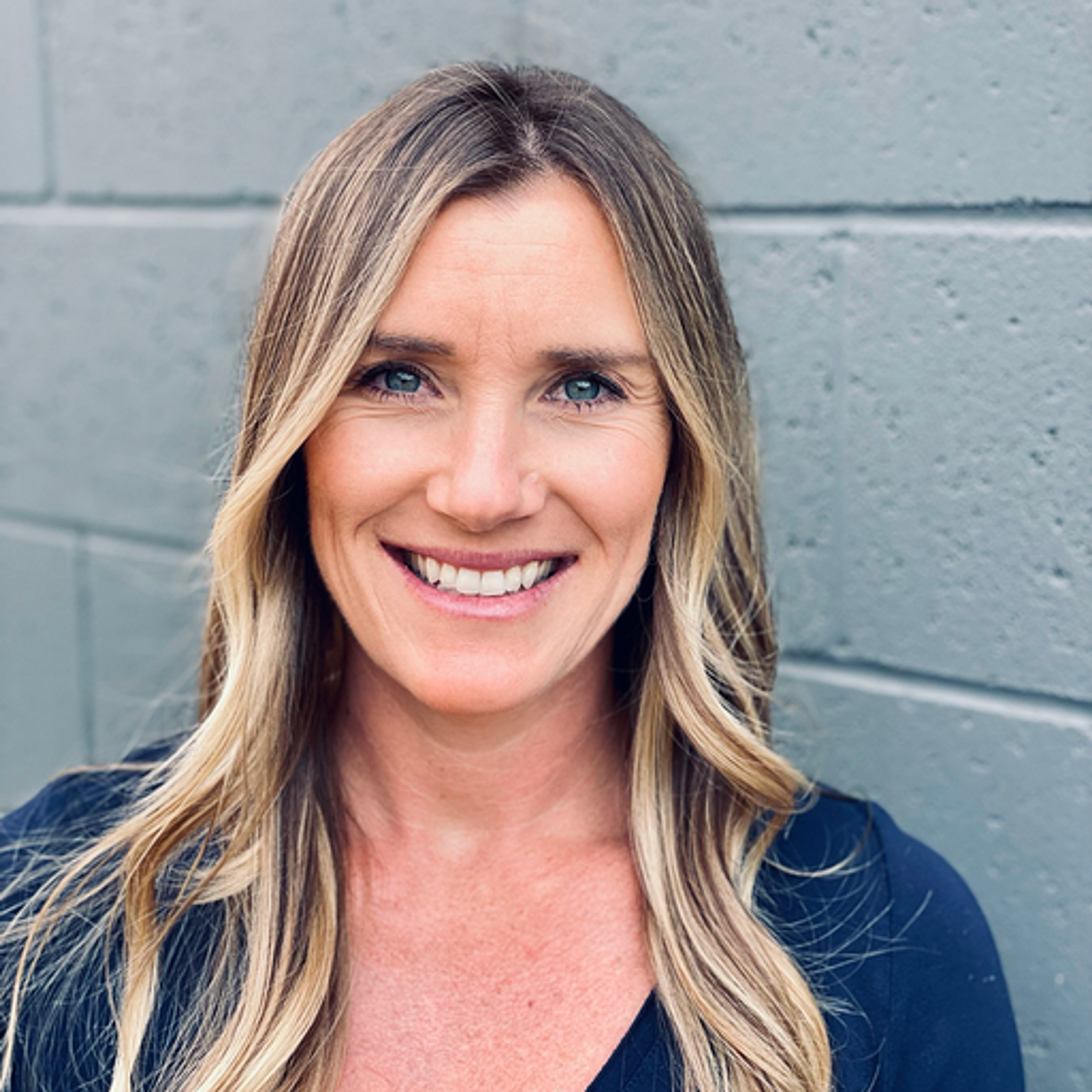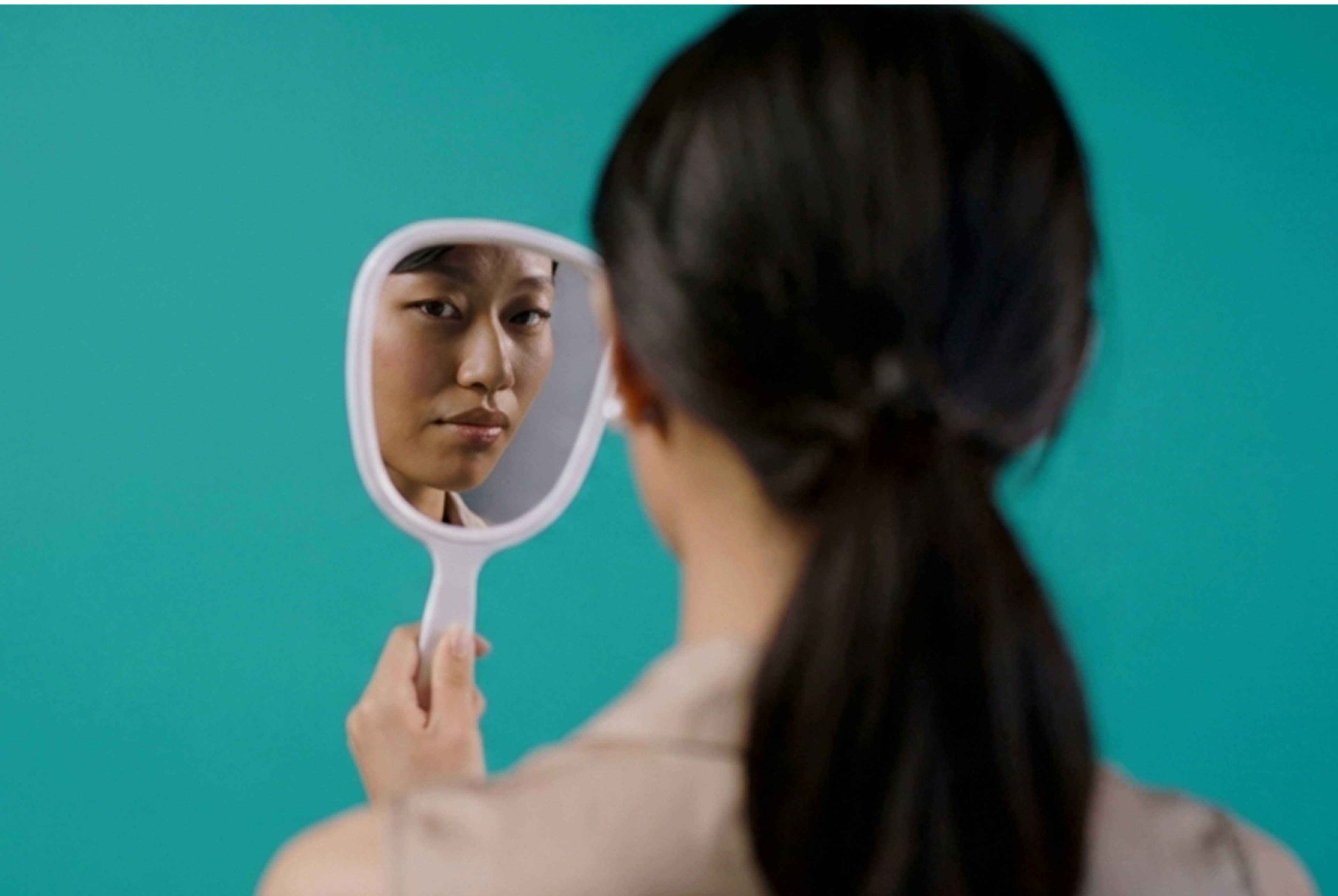


Many people assume that there’s no such thing as eating too “healthy.” But it’s possible for the desire to eat “clean” foods and stay healthy to escalate into a harmful obsession. When this happens, it’s known as orthorexia.
Orhorexia is a disordered eating pattern that stems from an intensive and excessive commitment to a “healthy” diet, or “clean eating.” It's not always easy to pinpoint when “healthy” eating becomes disordered eating, because in a world steeped in diet culture, the behaviors are easy to justify or even celebrated. That’s why it’s important to be aware of the clear warning signs of orthorexia so that you can seek proper treatment.
Read on to learn more about what orthorexia is, the warning signs to look out for, and the next steps to take if you're concerned.
The basics of orthorexia
Orthorexia, or orthorexia nervosa, refers to eating patterns that stem from a preoccupation with eating “healthy” foods or “clean eating.” This obsession with achieving optimum health can lead to restrictive eating behaviors that interfere with quality of life, relationships, and both mental and physical health.
The definition of “healthy” or “clean” eating can vary from person to person (which is part of the reason that we put both words in quotes). But regardless of a person’s specific interpretation of those words, orthorexia refers to rigid eating patterns and a commitment to eating “pure” or high-quality foods.
It’s important to note that orthorexia isn’t a diagnosable eating disorder. But many people with eating patterns characteristic of orthorexia fit the criteria of OSFED, or other specified feeding and eating disorder. It’s also possible that the eating behaviors can develop into a diagnosable eating disorder, such as binge eating disorder or anorexia.
Orthorexia can cause issues such as:
- Malnourishment
- Mental health issues, including anxiety or depression
- Distrust in healthcare providers and medication
- Social isolation, due to an inability or unwillingness to eat in social settings or rigidity around exercise
What are the warning signs of orthorexia?
People of all shapes and sizes can struggle with orthorexia, and if you appear healthy or have a regular body mass index, you may not think you need help. But there are a variety of warning signs of orthorexia that can indicate when your desire to eat healthy has started to have negative mental, social, and physical effects.
Here are the five warning signs of orthorexia to be on the lookout for:
Intense fixation on food quality
Eating only “pure” ingredients is paramount to a person with orthorexia. This can show up in a variety of different ways, including cutting out large food groups or types of food or adopting organic, vegan, or raw diets.
Counting and measuring nutritional components
There are many aspects of a food’s nutritional value, such as carbohydrates, calories, and protein. Closely tracking your intake of these nutrients could be a sign you have orthorexia.
Fear of “impure” foods
A common sign of orthorexia is feeling worried about contamination or disease from “impure” or “bad” foods. You may even feel anxious being around certain foods because you view them as “poison.”
Stress about eating out or while traveling
When you’re eating at a restaurant or traveling to new places, orthorexia can cause you to feel emotional and mental distress about the availability of “clean” foods. This stress may even lead you to avoid travel and miss out on these experiences completely.
Emotional distress if eating patterns aren’t followed
People with orthorexia tend to make rules for themselves—like always reading nutrition labels and ingredient lists before eating—as a way to stick to their rigid eating patterns. If these rules are broken, they can feel severe anxiety.
What to do if you recognize warning signs of orthorexia
If you’ve recognized warning signs of orthorexia in yourself or someone else in your life, you’ve already taken a huge first step. Once you acknowledge these warning signs, it may be time to explore treatment options that can help reduce the harmful behaviors of orthorexia.
Working with a multidisciplinary care team can help you tackle every aspect of your orthorexia and reduce its impact on your overall quality of life. At Equip, patients struggling with orthorexia can be matched with a therapist, dietitian, medical provider, peer mentor, and family mentor to help address the nutritional, behavioral, psychological, and emotional aspects of orthorexia.
Equip can help you address warning signs of orthorexia
There’s no denying that eating nutritious foods is important. But an obsession with “clean eating” can start to take a toll on your physical and mental health, and rob you of much of the joy in life. While acknowledging the warning signs of orthorexia can be tough, it also means that you’ve taken the first step toward seeking help and healing your relationship with food, freeing up space to live a fulfilling life.
Get in touch with our team today to learn more about Equip treatment or to schedule a free consultation.
About Erin Reeves, RD
Erin Reeves, Director of Nutrition at Equip, has 15 years of experience treating patients through all age ranges and levels of care. She received her Masters's Degree in Nutritional Science and completed her dietetic internship through California State University Long Beach. Erin is extremely passionate about helping people improve their relationship with food to live a full and happy life.
1. Abraham, Klaus, et al. “Nutritional Intake and Biomarker Status in Strict Raw Food Eaters.” Nutrients, vol. 14, no. 9, 21 Apr. 2022, p. 1725. doi:10.3390/nu14091725.







